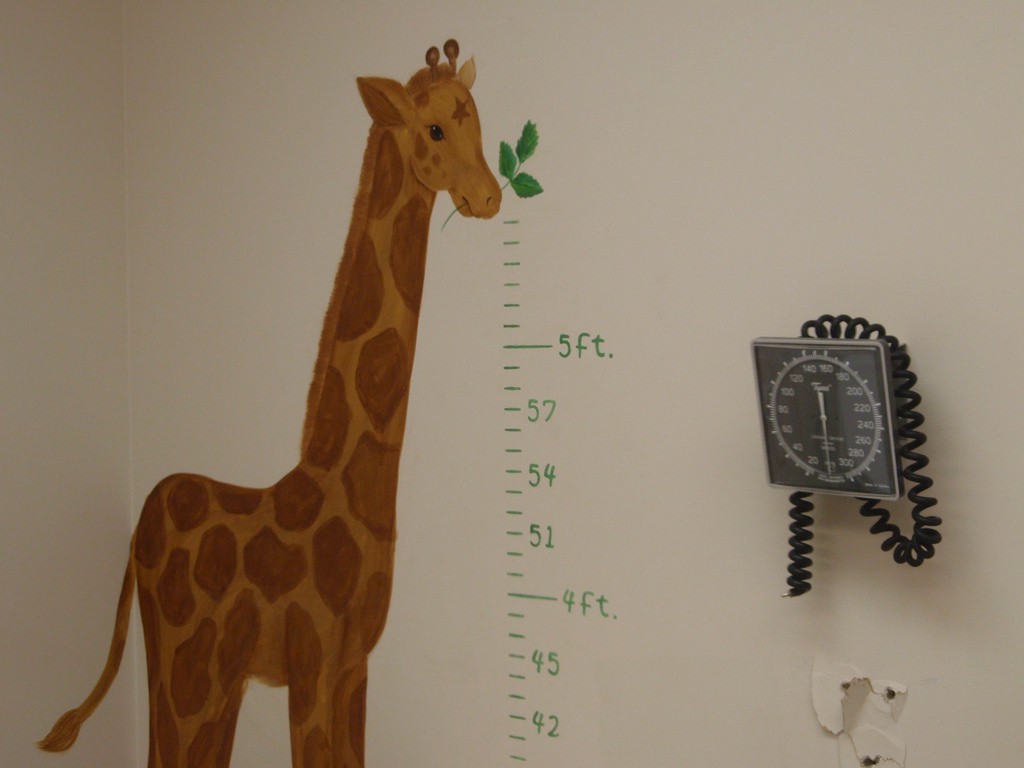The BBC’s ‘Your Money and Your Life’ Worries About Thirtysomethings’ Instability
Also, “what’s become known as a blended family.”

I’m still listening to the BBC’s “Your Money and Your Life,” and this week we got to hear all about thirtysomethings and instability.
Your Money and Your Life: 30-Somethings, Your Money and Your Life – BBC Radio 4
First, we learn that Brits in their 30s are earning the same wages that people earned 15–20 years ago. The exact same wages, not adjusted for inflation. This is, obviously, a problem.
The bigger problem, however, is that these thirtysomethings can’t seem to keep it together. They divorce, and—gasp!—create “what’s become known as a blended family.”
I am editorializing the BBC’s editorializing here, but it’s weird to hear the reporters discuss blended families and step-parenting as if it were a new phenomenon. The radio segment also claims that divorce is “easier” than it was a generation ago, although they don’t mention that divorce rates are actually going down:
Divorce rate at lowest level in 40 years after cohabitation revolution
Why are all of these divorces taking place? Maybe because people don’t talk about money and it literally kills their love for each other. The BBC interviews a psychotherapist, who explains:
Until you say to each other, soberly, “actually, I think money is for this, or money means that,” until you have that conversation, the relationship has no ground. You have to do it, or love dies.
So these thirtysomethings are living with lower incomes and greater instability than their parents’ generation. The BBC illustrates this example by interviewing to a woman (a single parent who never married her children’s father) who moved herself and her two children back into her childhood home.
This woman is the home’s landlord and property manager—she does this on behalf of her parents, who own the home but live elsewhere, and she also pays a reduced rent—and she and her children share her childhood home with six other tenants. But that’s not the problem. The problem is that when this woman was a child, her parents lined her up against the wall every year and tracked her height, and this woman has tried to do the same thing for her own children, but she keeps forgetting to do it on their birthdays. Her kids’ growth chart has big gaps between measurements, and that represents thirtysomethings’ instability.
It doesn’t represent anything about how culture has changed, or how “what defines a family” has changed, or how parenting has changed, or about how financial expectations for renting and homeownership have changed.
The last third of the episode deals with a blended family who can’t afford to buy a home, but they also don’t want to move out of their rented home into a lower-cost area—the interviewer suggests Wales—because they want to give their children as much stability as possible. They’re very aware that they don’t really have a choice, though; as renters, they could be asked to move at any time, because “tenancies in the UK typically last six months.”
But hey, we’re the unstable ones.
Previously:
BBC Series ‘Your Money and Your Life’ Asks Why Millennials Can’t Follow Life’s Linear Path
Support The Billfold
The Billfold continues to exist thanks to support from our readers. Help us continue to do our work by making a monthly pledge on Patreon or a one-time-only contribution through PayPal.
Comments